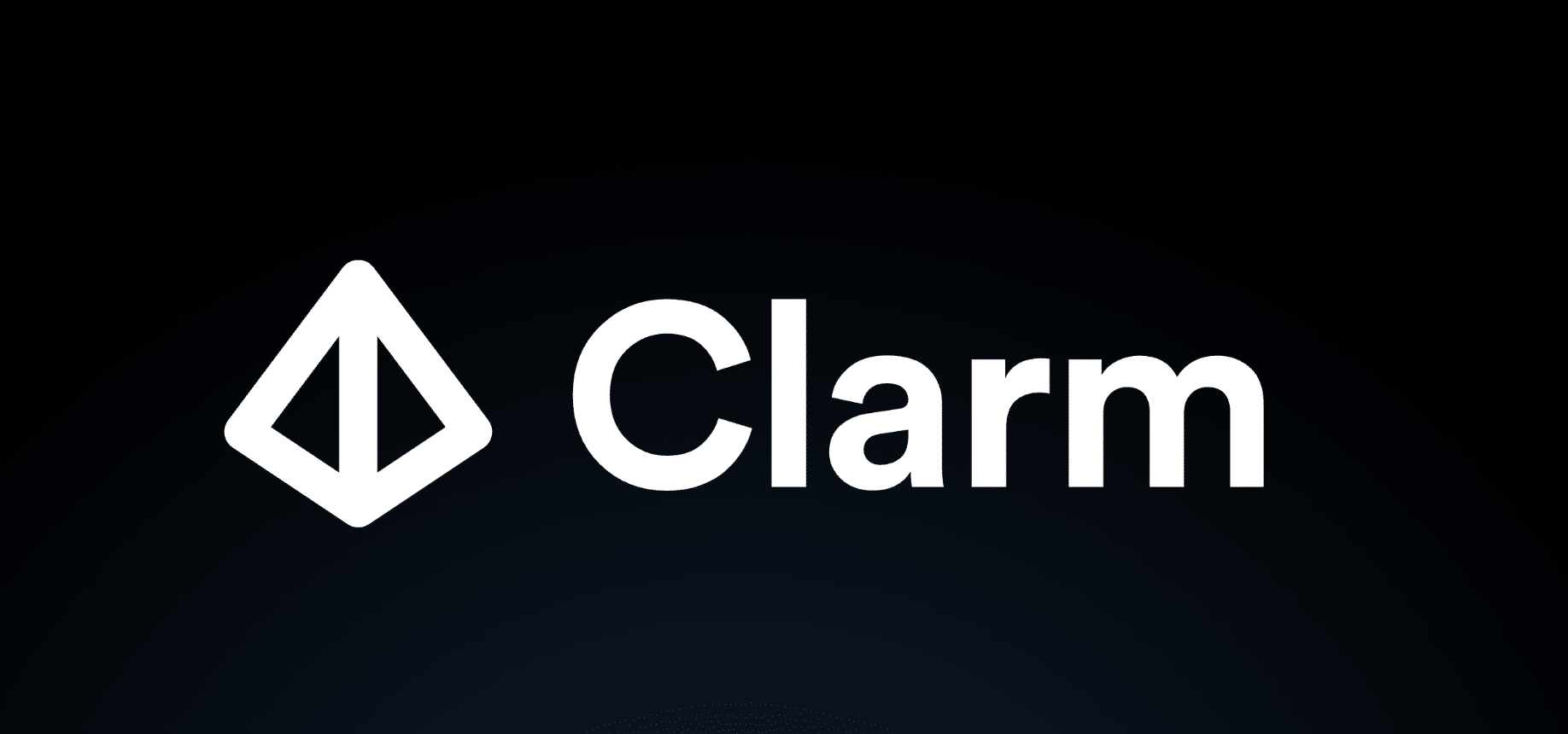Case studies:
Discover how leading tech companies use Vespa
Explore real-world applications and success stories showcasing the power and versatility of Vespa.
-

Clarm: Agentic AI-powered Sales for Developers with Vespa Cloud
Clarm helps open source software companies convert GitHub stars into revenue through AI-powered lead generation, content production, and developer support automation. When building their platform, Clarm needed a search engine that could power accurate, zero-hallucination AI responses while handling complex enrichment across millions of GitHub data points. They chose Vespa for its unified text, vector, and structured search capabilities and were able to deploy to production in under a day.
-

Perplexity uses Vespa.ai to power fast, accurate, and trusted answers for millions of users.
Perplexity’s innovative approach of direct, sourced answers to search queries relies on a massive and scalable Retrieval-Augmented Generation (RAG) architecture that can efficiently retrieve and process vast amounts of information from the web, internal databases and users’ personal files. By building on Vespa’s platform, Perplexity delivers accurate, near-real-time responses to more than 15 million monthly users, handling more than 100 million queries each week.
-
Spotify relies on Vespa for a variety of use cases
“As a reliable and scalable solution, Vespa has been instrumental in enabling Search at Spotify. We look forward to continuing our work with the Vespa team, and enabling innovation that will enhance the experience for Spotify listeners.“
Daniel Doro, Director of Engineering, Search
One of the use cases for Vespa at Spotify is to provide semantic search in Podcasts:
“We are using a machine learning technique called Dense Retrieval, which consists of training a model that produces query and episode vectors in a shared embedding space. […] The objective is that the vectors of a search query and a relevant episode would be close together in the embedding space. For queries, we use the query text as input to the model, and for episodes, we use a concatenation of textual metadata fields of the episode such as its title, description, its parent podcast show’s title and description, and so on.
During live Search traffic, we can then employ sophisticated vector search techniques to efficiently retrieve the episodes whose vectors are the closest to the query vector.“
-
Elicit has chosen to build their innovative solution for working with the scientific body of knowledge on Vespa
“Vespa is a battle-tested platform that allows us to integrate keyword and vector search seamlessly. It forms a key part of our AI research solution, guaranteeing both precision and rapidity in streamlining research processes. We highly recommend Vespa for its reliability and efficiency.“
Jungwon Byun, COO & Cofounder
Elicit emphasises how RAG solutions are mostly about getting search right:
“Ultimately, recent advancements in AI make it much easier to build cutting-edge search, using orders of magnitude less effort than once required. Because of that, the return on sitting down and seriously building good search is extremely high.
If you want to build a RAG-based tool, first build search.“
-
Yahoo has leveraged Vespa Cloud to build most of their highly scaled personalized interactive experiences
“Vespa has been a critical component to Yahoo’s AI and machine learning capabilities across all of our properties for many years”
Jim Lanzone, Yahoo CEO
Yahoo has leveraged Vespa Cloud to build most of their highly scaled personalized interactive experiences, powering teams across the company:
“Yahoo claims that it’s using around 150 apps created with Vespa and that these apps collectively serve a user base of a billion people — processing 800,000 queries per second.”
-

Onyx: Open-Source AI Optimized with Vespa Cloud
Onyx (formerly Danswer) is an open-source AI platform that helps enterprises search, organize, and leverage institutional knowledge across documents, conversations, and internal tools. To stay focused on product innovation, Onyx runs on Vespa Cloud, which removes the operational burden of scaling and tuning infrastructure. With built-in monitoring, resource suggestions, and automated management, Vespa Cloud enables Onyx to optimize cost and performance while delivering AI-powered search and assistants at scale.
-

Mimeta-Civsy: Tracking Violations of Artistic Freedom Worldwide
Civsy, developed by Mimeta and powered by the Vespa AI Search platform, tracks and analyzes violations of artistic freedom worldwide. Built using Vespa’s hybrid retrieval and explainable ranking capabilities, it unifies fragmented reports, interviews, and media into a transparent, searchable source of truth. By combining verified human data with scalable, multilingual AI search, Civsy helps researchers and policymakers uncover hidden patterns of censorship and act on evidence-based insights, demonstrating how Vespa enables trustworthy, high-impact AI search where accuracy and ethics are essential.
-
Qwant, the privacy-friendly search engine, is accelerating its collaboration with Vespa.ai to index and serve web queries on a large scale.
By storing its own web index in this new infrastructure deployed in its data center in France, the Qwant search engine responds even more relevantly and quickly to its users queries.
Qwant is thus improving the performance and experience of its search engine, while respecting its users personal data and offering unbiased search results.
-
Vinted uses Vespa to power their e-commerce personalized recommendations
“We are excited to share our story as we have found Vespa to be a great solution combining the now trendy vector search with more traditional sparse search techniques, as well as offering a great engineering experience.”
-
RavenPack Bigdata.com: Billion-Scale Vector Search for Financial Research
RavenPack, a global leader in financial data analytics, uses the Vespa AI Search Platform to power billion-scale vector search in its Bigdata.com service. By combining RavenPack’s proprietary Retrieval-Augmented Generation (RAG) technology with Vespa’s search capabilities, Bigdata.com delivers fast, accurate access to billions of financial documents to support advanced research and decision-making at scale.